
Emission Levy Tax: The Right Way Forward?
The parliament of Ghana recently passed an emissions levy, making it the third African country to introduce some form of carbon tax. Although this forms part of the global collective effort to tackle climate change and the effects of global warming, a number of concerns have been raised about the levy implementation in Ghana.
The Emissions Levy Act, 2023, Act 1112, effective 1 February 2024, not only imposes a levy on combustion emissions from vehicle but also imposes a levy on carbon dioxide equivalent emissions from specified sectors. These sectors include: the construction, manufacturing, oil and gas, electricity and heating, and mining sectors. The annual levy to be paid for vehicle emissions ranges from GHS 75 to GHS 300, depending on the vehicle’s engine capacity. Considering that the aim of this levy is to reduce greenhouse emissions, this approach may seem ineffective in discouraging the use of diesel or petrol-powered vehicles in Ghana.
To begin with, there are not enough alternatives to diesel or petrol-powered vehicles. The few alternatives such as electric-powered vehicles and traditional bicycles are relatively more expensive and/or inconvenient for commuting over longer distances. The use of electric-powered vehicles in Ghana is very challenging due to a relatively higher cost of maintenance and insufficient number of charging stations across the country. The country’s current power supply system may even not be capable enough to support the large scale use of electric vehicles.
The implementation of this levy is also unfair as it does not account for the frequency and amount of emissions from these vehicles. A vehicle owner who drives once a week will still pay the same levy amount as another owner of the same type of vehicle who drives daily. Again, a modern vehicle with a larger engine capacity will attract a higher levy amount than an older, rickety vehicle with a smaller engine capacity, although measures may have been put in place by the modern vehicle’s manufacturer to reduce its engine emissions to the minimum. Another reason why the implementation of this levy is unfair is because of the already existing excise tax, which was introduced in 2014 to discourage the importation of older cars to the country (10 years old and above), as these cars have a generally high emission level.
Furthermore, this levy may worsen the current economic conditions in the country. The imposition of this levy on some selected sectors, may increase their operational costs, and cause them to increase the cost of their services and products. Commercial bus drivers, taxi drivers, ride-hailing and other transport service providers, who rely on diesel/petrol-powered vehicles to work with may decide to increase the cost of their services to cater for the levy. The effect is that, the prices of goods and services would generally increase, further increasing the cost of living.
Finally, there are other practices or sectors that may have been overlooked in the implementation of the emissions levy, which have an equal, or even more, potential to increase levels of greenhouse gas emissions. For instance, the levy does not include diesel or petrol-powered generators, which emit gases in the same manner as these vehicles. Also, there is no measure put in place to check malpractices such as indiscriminate burning, which lead to global warming.
If measures are not put in place to address these and many more concerns, the levy implementation may be highly ineffective in tackling greenhouse emissions in Ghana and managing the levels of air pollution. It would rather cause more problems than solve the existing ones. Below are some recommendations which could be considered to make the levy more effective:
- The government needs to provide cleaner and better transport alternatives such as electric trains and commercial buses, not only within Accra but across the country. As people transition from traditional commercial buses, taxis and their personal vehicles to these alternatives, there will be a general decrease in emission levels from vehicles.
- The government could consider transferring the levy from owning and using the fossil fuel-powered vehicles to fuel pumps. If the levy is paid based on how much and how often one buys fuel for his or her vehicles, there would be a decrease in vehicle emissions as more people would use their vehicles less and go for public transport of other alternatives.
- The government could also consider providing incentives to sectors and businesses that adopt more sustainable and eco-friendly solutions, such as renewable energy. This would incentivize more industries to go green and cut down on greenhouse gas emissions, as they could recoup most or all of their initial investment in these greener solutions from the incentives and subsidies from government.
The implementation of a carbon tax by the government to tackle climate change is laudable, but a thorough review is required to ensure that the levy is highly effective in fighting climate change.
Author: Jesse K. S. Agbenya
Comments
No comments available.